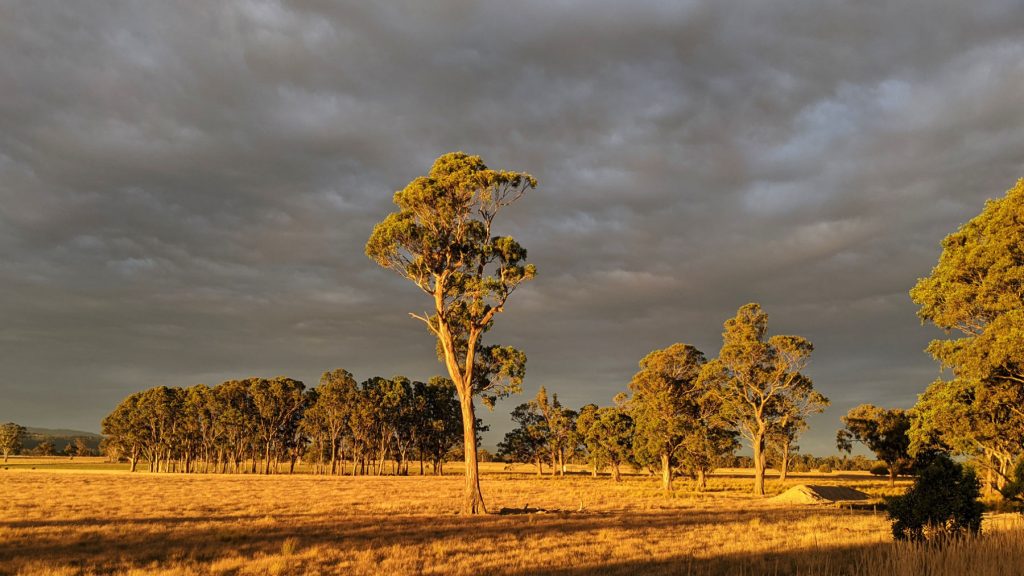“Things have dropped from me. I have outlived certain desires; I have lost friends, some by death, others through sheer inability to cross the street.”
― Virginia Woolf, The Waves
“Things have dropped from me. I have outlived certain desires; I have lost friends, some by death, others through sheer inability to cross the street.”
― Virginia Woolf, The Waves

The breath’s slow
drum-brush marks the end of Gillian’s time.
Her hair’s haphazard marathon, swaying
with the slowest jazz of afternoon. Detectives
wandering at her breast; the nipple’s darker trilby.
A black thief hair, returning to its crime.
*
Now, amongst the sheets, there is
a trace of blacker hair, curled and blunt
as shorthand. I watch her move, the blankets
fanned across the mattress like a deal of cards.
Her foot beside an ashtray shell, its butted
cigarettes settled into parquetry. She dresses
as a child might in a changing room, all
half-under things. And what she’ll do tonight
comes out of silence like a talking in her sleep.
She’s leaving; and the similes are gone.
A borrowed room, and everything quite suddenly
and only like itself: this coat, this coat.
This floor, this floor.
— John A. Scott, Singles

Today I did almost nothing.
Read a little, tried to write a sentence
to make another sentence seem necessary.
I wasn’t unhappy. Everything
I could will myself to do I’d done,
so I said I’d done enough.
Now I’m looking out my window:
white pine, ash, a single birch,
the leanings and crossings
of branches. And then the sky:
pale, undecided. Years ago
you wrote to me about a matter
that worried you, and you said
at the end, “That’s probably the best,
and most true, way to think about it.”
I kept your sentence in my notebook.
I liked its shape. I admired the way,
young as you were, you could feel
one kind of thinking
adjusting into another, one truth
becoming a better truth.
Now you’re far off, and alone, and I
have no advice you haven’t already
given yourself. What can I tell you?
That I’m here? That today, when I saw
how tenderly the light was moving
among those trees, I thought of you?
— Lawrence Raab
to wake and find you sitting up in bed
with your black hair and gold skin
leaning against the white wall
a perfect slant of sunlight slashed
across your chest as if God
were Rembrandt or maybe Ingmar Bergman
but luckily it’s too early to go to the movies
and all the museums are closed on Tuesday
anyway I’d rather be here with you
than in New York or possibly Amsterdam
with our eyes and lips and legs and bellies
and the sun as big as a house in the sky
and five minutes left before the world begins
— Lesléa Newman, “Possibly”
Despair is the state we fall into when our imagination fails. When we have no story that explains the present and describes the future, hope evaporates.
— George Monbiot
to love life, to love it even
when you have no stomach for it
and everything you’ve held dear
crumbles like burnt paper in your hands,
your throat filled with the silt of it.
When grief sits with you, its tropical heat
thickening the air, heavy as water
more fit for gills than lungs;
when grief weights you down like your own flesh
only more of it, an obesity of grief,
you think, How can a body withstand this?
Then you hold life like a face
between your palms, a plain face,
no charming smile, no violet eyes,
and you say, yes, I will take you
I will love you, again.
— Ellen Bass
I thought it was the neighbor’s cat back
to clean the clock of the fledgling robins low
in their nest stuck in the dense hedge by the house
but what came was much stranger, a liquidity
moving all muscle and bristle. A groundhog
slippery and waddle thieving my tomatoes still
green in the morning’s shade. I watched her
munch and stand on her haunches taking such
pleasure in the watery bites. Why am I not allowed
delight? A stranger writes to request my thoughts
on suffering. Barbed wire pulled out of the mouth,
as if demanding that I kneel to the trap of coiled
spikes used in warfare and fencing. Instead,
I watch the groundhog closer and a sound escapes
me, a small spasm of joy I did not imagine
when I woke. She is a funny creature and earnest,
and she is doing what she can to survive.
— Ada Limón
We’re still mid-winter but it feels, so often, like spring is already here. The claret ash is flowering and hums with bees. The bulbs have all flowered and birds are nesting.